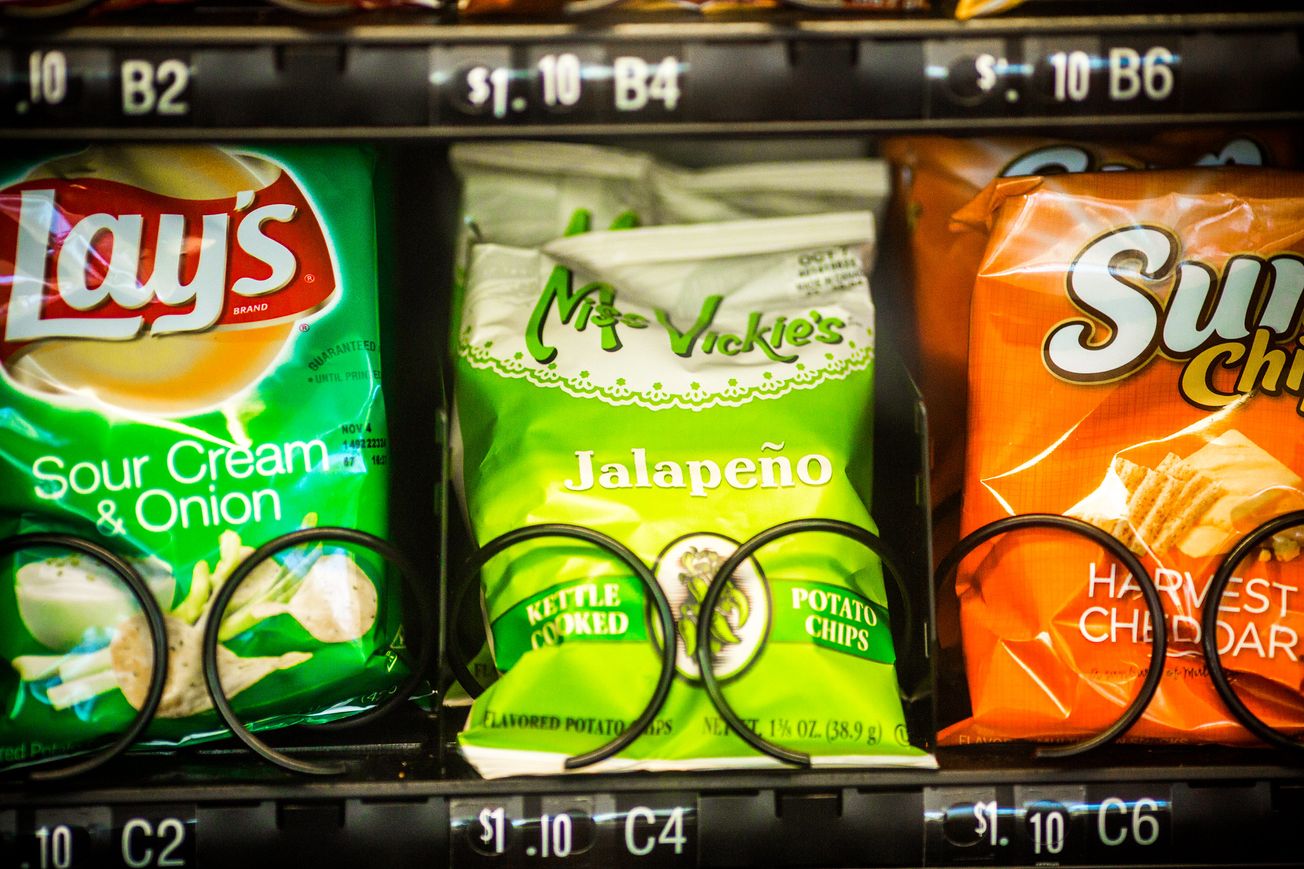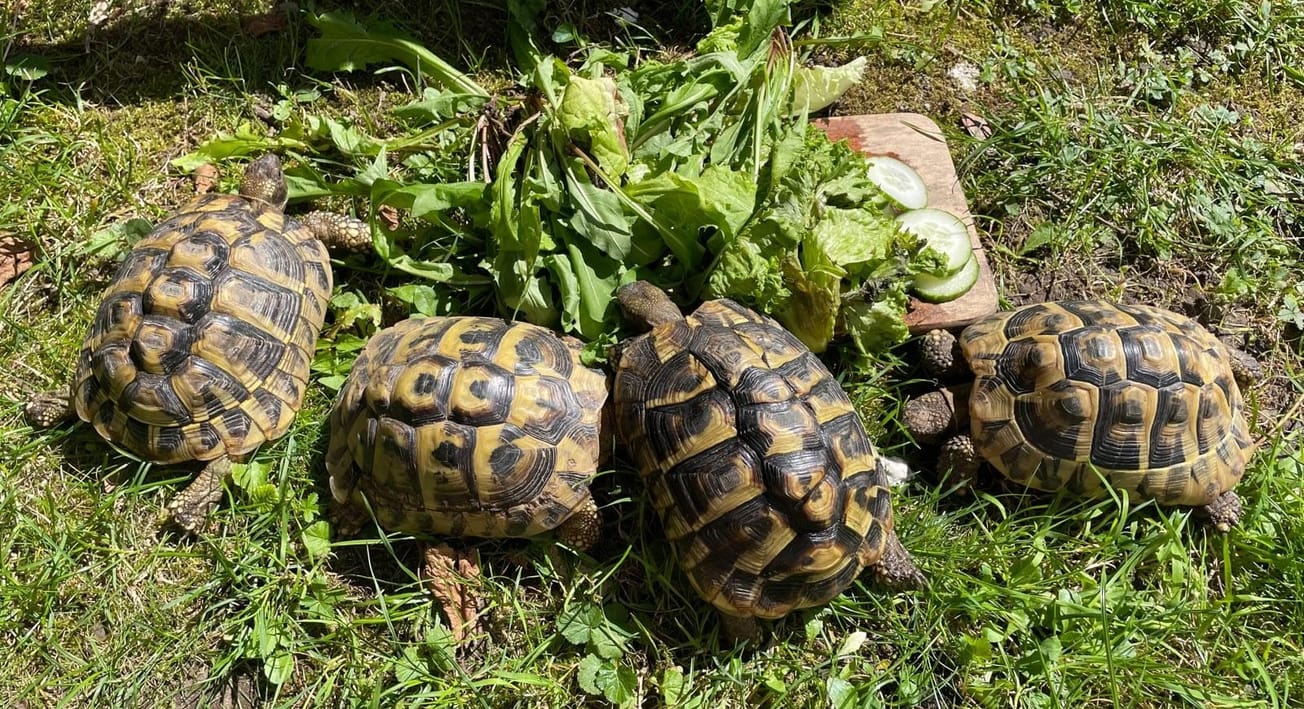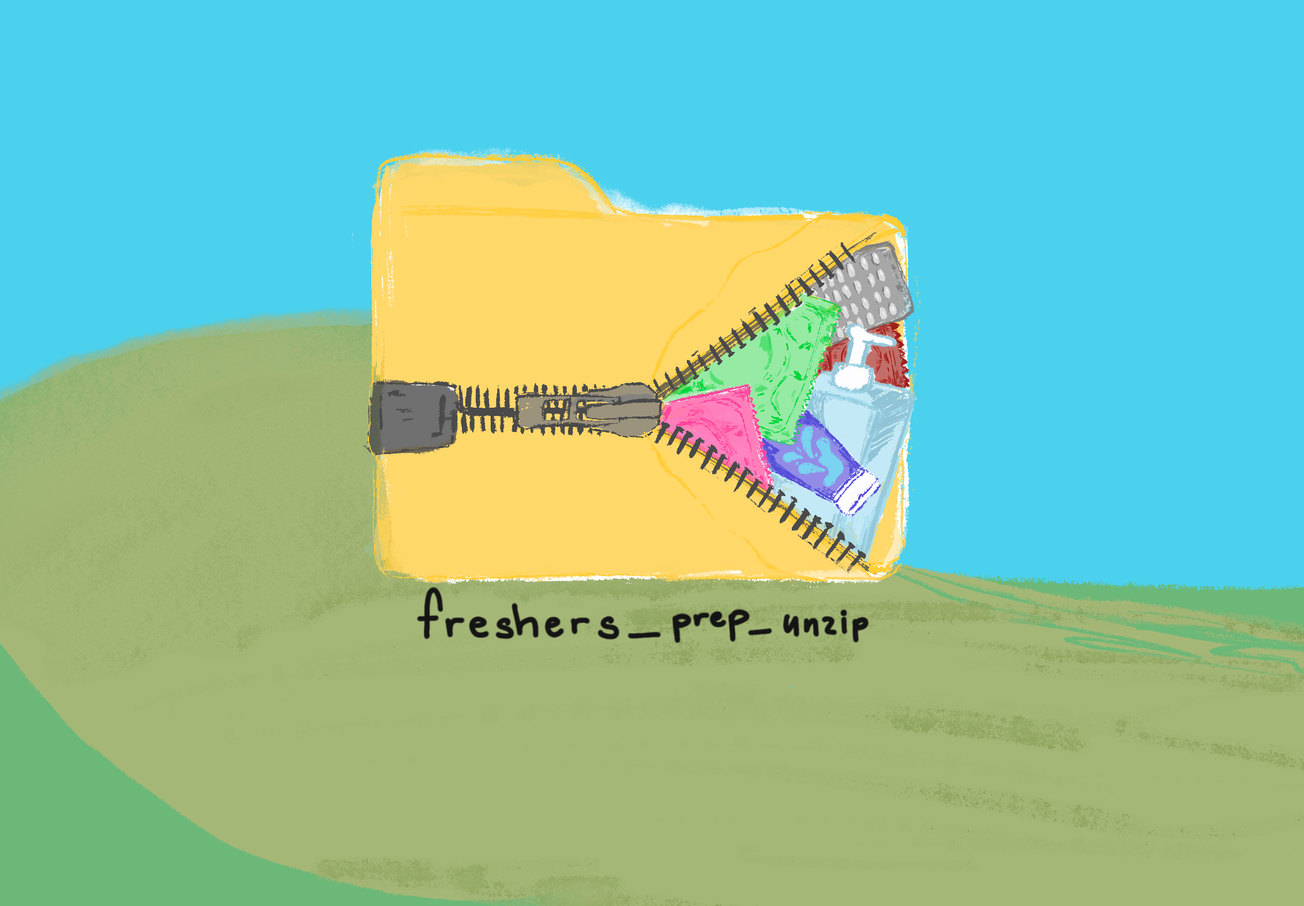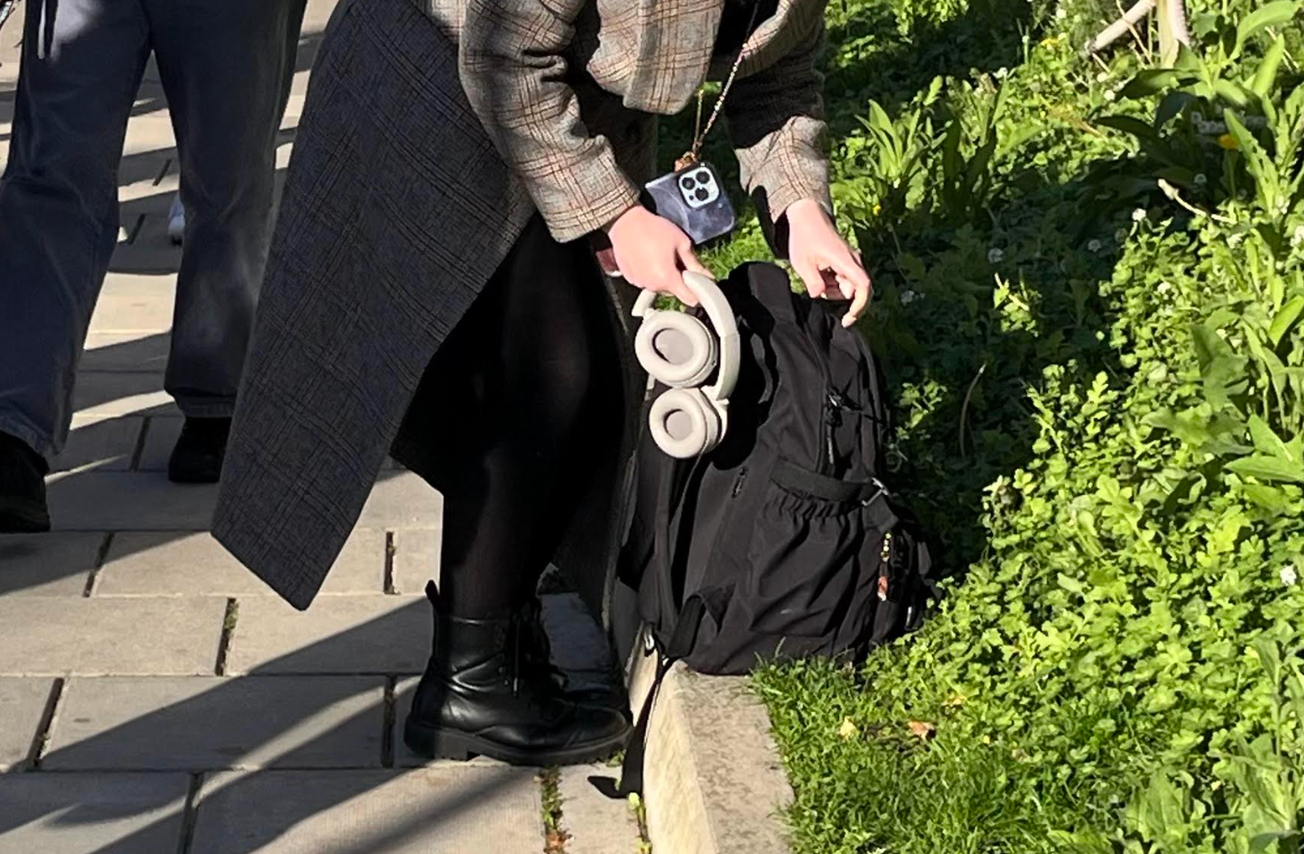By Vilhelmiina Haavisto, SciTech Editor
Materials scientist and science writer Dr Mark Miodownik gave a talk at New Scientist Live detailing what must be done to break us free of our plastic-centric lifestyle, and what to do in the meantime.
There is no need to stress the ubiquity of plastics. They are intrinsic societal feature and a problem that will require multidisciplinary collaboration to solve. Talking through an amusing whistle-stop tour of the history of plastics, Miodownik highlighted how plastic has been responsible for amazing cultural innovations including filmmaking, photography and vinyl. It provided a versatile, cheap material that could replace others, such as tortoiseshell for glasses and wood for hairbrushes, that were more expensive, difficult to procure and less durable.
The problem, Miodownik believes, began when the container industry became greedy when cashing in on the versatility of plastics in the 1950s. 'What happens to the container' was not a question that was asked enough, he said, leading to plastic having 'nowhere to go'. Landfill was the cheapest option then, and we have been using it to dump our plastics ever since – out of sight, out of mind. This is where the durability of plastics turns on us, as they can take hundreds of years to break down in landfill.
This is obviously not a sustainable solution – but what can we do when our society is, as Miodownik put it, built around waste and disposability? Using the universal appeal of crisps, Miodownik made a very salient point; crisp packets are generally made using three layers of plastic. While effective at keeping crisps crunchy, they are also difficult to recycle. The problem to solve is not the plastic itself, Miodownik argued – it is figuring out how to efficiently recycle it.
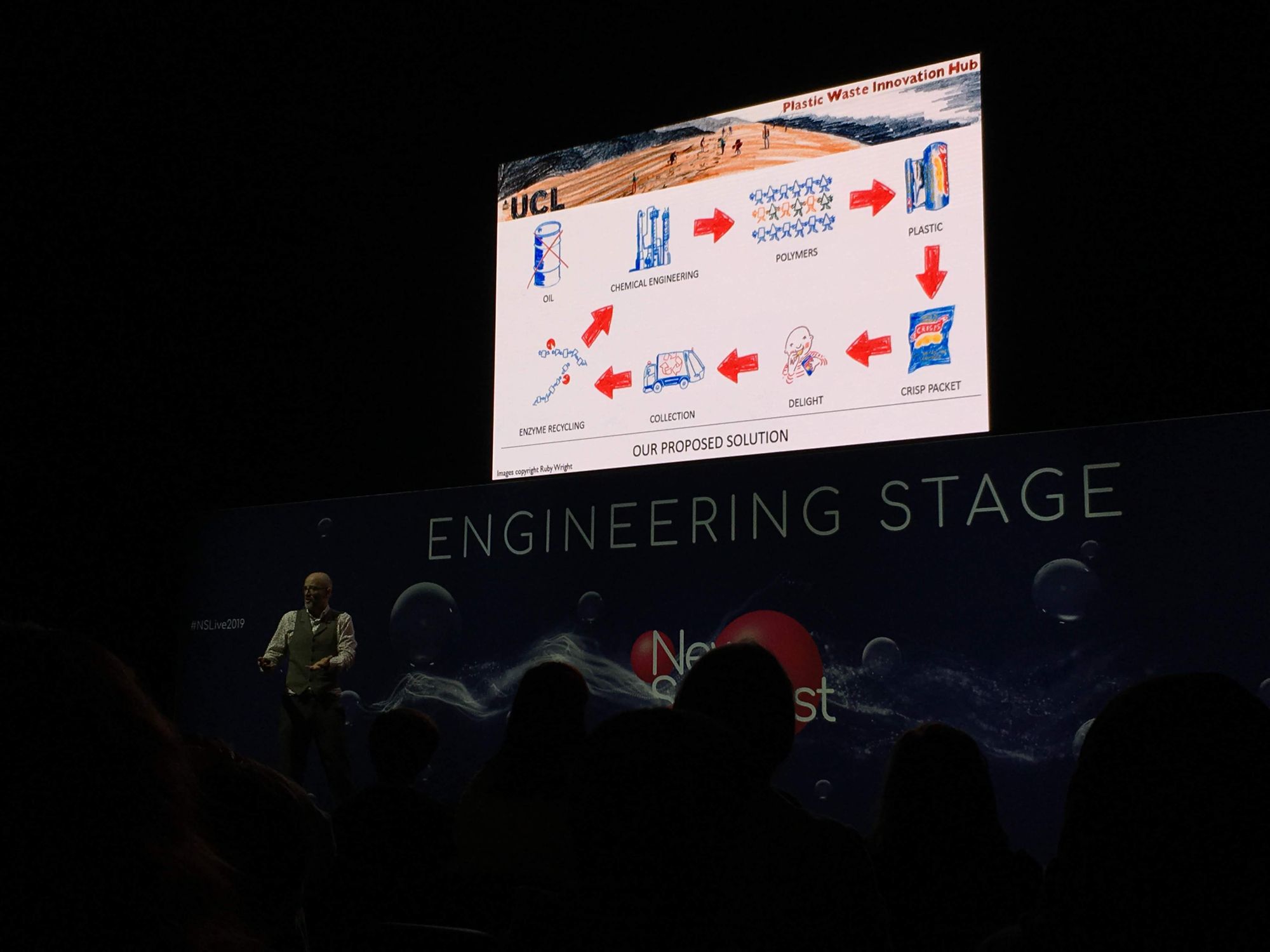
The current situation is unfortunately that plastic recycling is not a clean loop. Not even biodegradable plastics qualify, and Miodownik warned the audience not to be 'fooled' by them. Biodegradable plastics can technically be consumed by microorganisms, but they will only break it down under very specific conditions which are not often met in their natural environment. 'There are no sustainable materials,' Miodownik emphasised, 'only sustainable systems'.
The UCL group proposes an enzyme recycling process to break down the polymers that make up plastics. The simpler monomers can be used by chemical engineers to make new polymers and from them, new plastics. This is the ideal circular economy model, but Miodownik stresses that if they do not make money, such systems can never shift the status quo.
Sustainability and profit go hand-in-hand; plastic waste has unrecognized recycling value, but we need economic change to see this value. He wondered aloud why deposit return schemes, which have been implemented in select locations nationwide, are not universally adopted, as they give a direct recycling incentive. 'Only 5% of people will recycle for the love of it,' he declared; '95% need a little incentive.'
Should packaging be home compostable - lets do the experiment. pic.twitter.com/Wn4OhSYnvx
— Mark Miodownik (@markmiodownik) October 31, 2019
Miodownik encouraged younger audience members to go into 'un-making', forecasting that 'in the future…to make money we will take stuff apart.' The challenges are both economic and technical, but Miodownik spoke about them with rousing, energetic, ruthless optimism, skilfully navigating the narrow space between being blinded by rose-tinted glasses and getting bogged down in harsh realities.
The problem must be attacked from all angles; scientific, but also socio-economic and-political. Miodownik began his talk by showing the audience a slide of his colleagues at University College London (UCL), where he leads the Designing-out Plastic Waste project.
As far as solutions go, Miodownik’s suggestions were standard issue, including well-worn classics such as 'just don’t use plastic bottles'. However, in a final show of hands, almost the entire audience was willing to give up crisps until the packaging can be fully recycled. Finishing strong with his unfailing positive outlook, Miodownik asserted that, in the fight to create a sustainable system of plastics, 'we’ve all got stuff to do.'
Featured image: Flickr / Thomas Hawk
Are you willing to give up crisps until the packaging is recyclable? Let us know!

